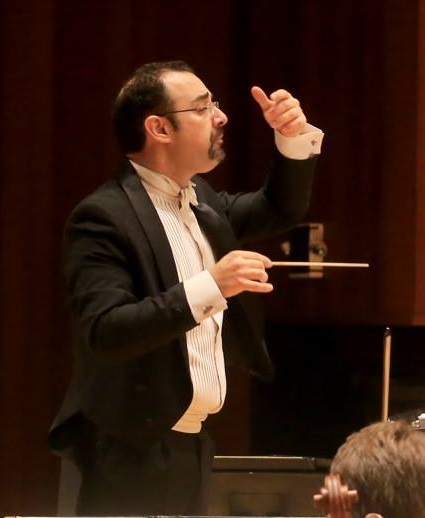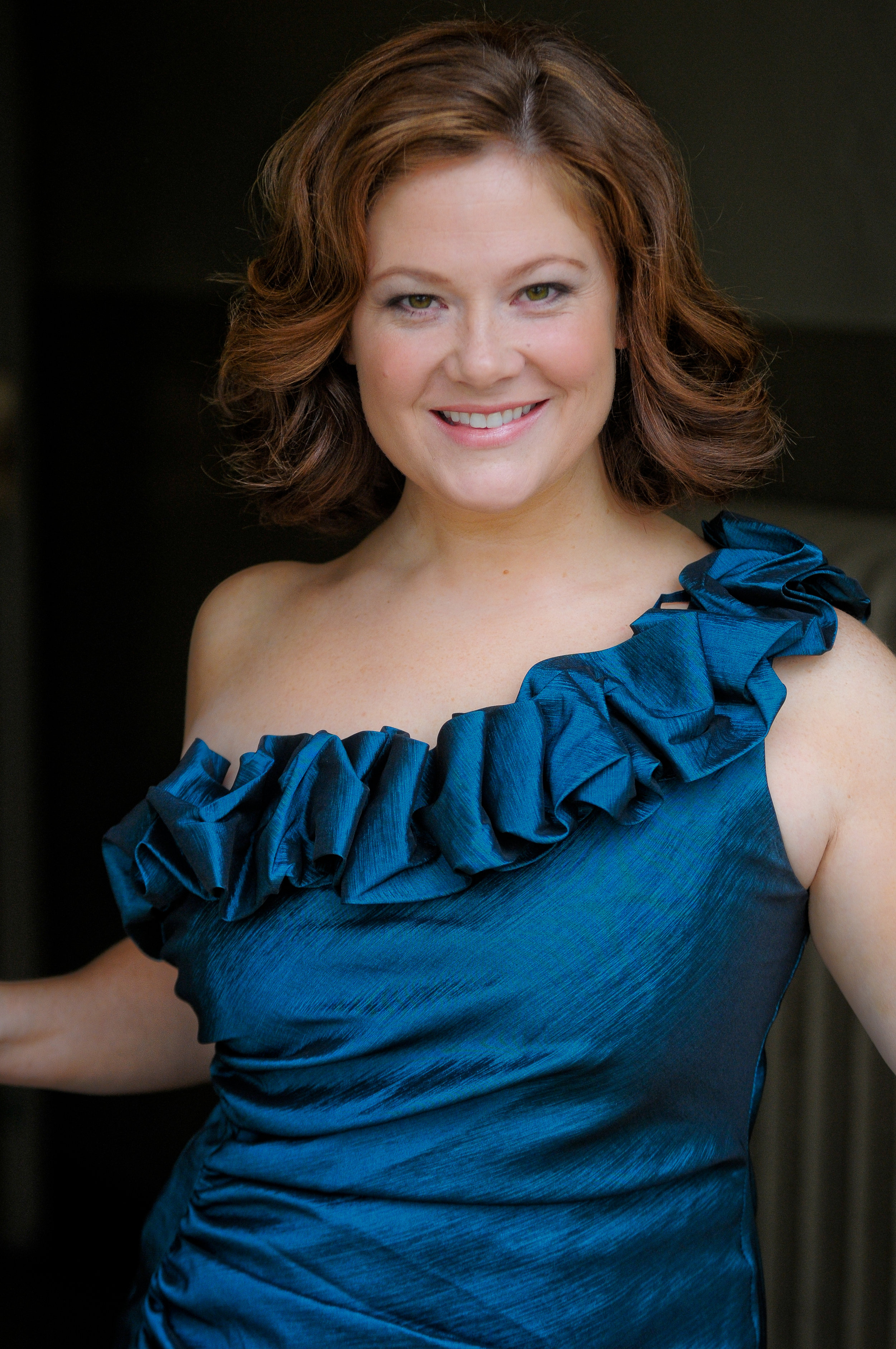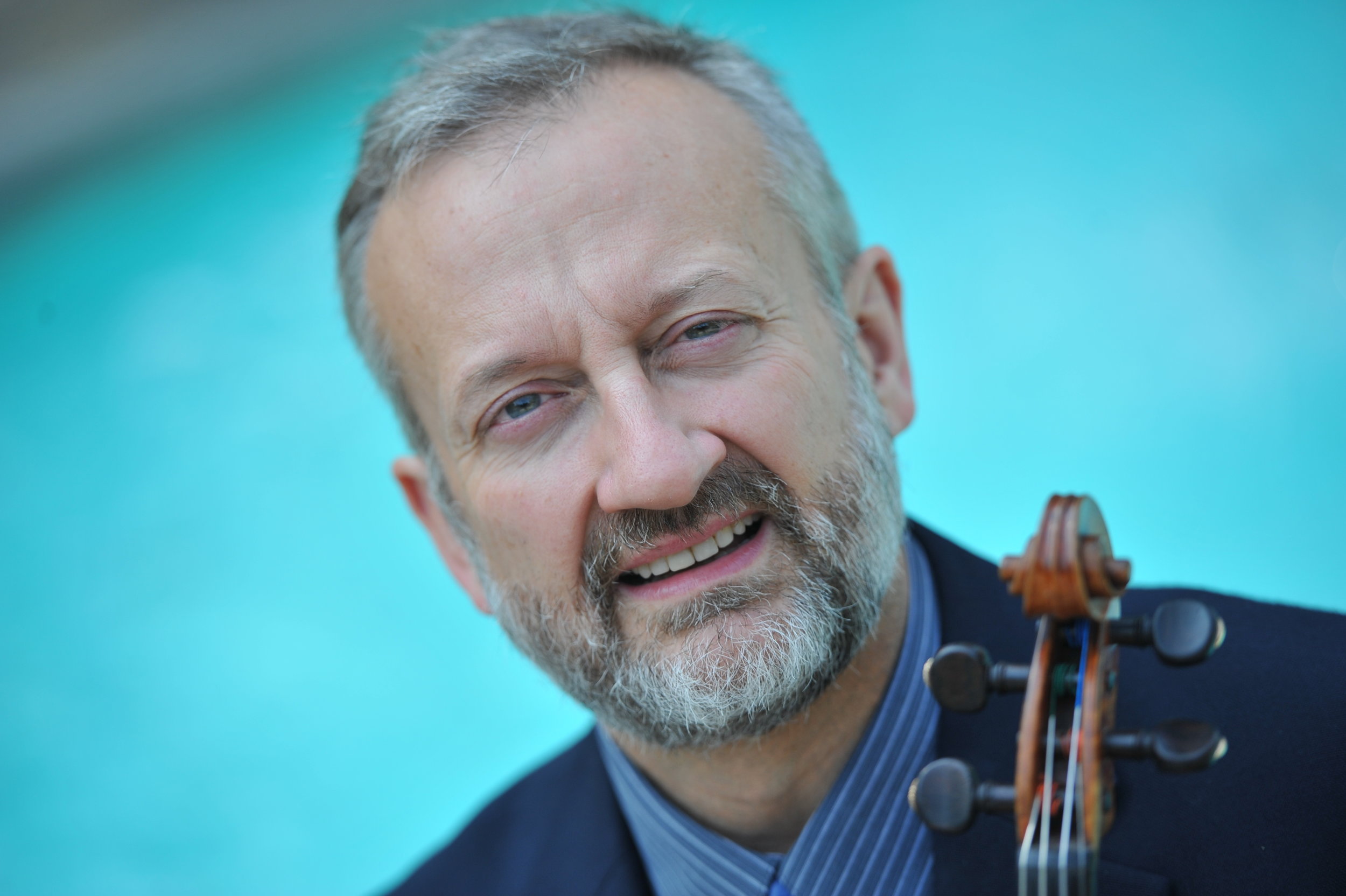Poetic Inspirations
Sunday, September 22, 2019
3 pm - Penn State Recital Hall
Ralph Vaughan Williams - The Lark Ascending
Benjamin Britten - Les Illuminations, Op. 18
Wolfgang Amadeus Mozart - "L’amerò, sarò costante", Il rè pastore, K.208
Franz Joseph Haydn - Symphony No.6 in D major, Hob.I:6 "Le Matin"
Concert Sponsor: George & Nina Woskob
Guest Artist Sponsors: Gary Bontrager, Koch Funeral Home, & Nancy Toepfer
Program Notes
Ralph Vaughan Williams’s The Lark Ascending was composed as a response to George Meredith's poem of the same name and the composer copied its lines describing the bird's "silver chain of sound" on the fly-leaf of his score. Vaughan Williams was on holiday on the coast in Margate in Kent on the day Britain entered the First World War. The resort was not an embarkation point, but ships were engaging in fleet exercises. The composer later told the story that the tune came into his head as he walked the cliff, at which point he jotted down the notes. A young scout then made a citizen's arrest, assuming he was scribbling details of the coastline for the enemy.
When Vaughan Williams enlisted in the army in 1914, after the outbreak of World War I (he was forty-one at the time), he set the score aside. The experience of serving in the war—he was an orderly with the Royal Army Medical Corps in France and then an officer—seems only to have heightened his nostalgia for a simpler time and for a world that no longer existed. It isn’t surprising then, that shortly after he came home in 1919 he picked up The Lark Ascending, lovingly fine-tuned it, and eventually orchestrated it as a touching souvenir of a time gone by
A revised version of the work was completed in Bristol in 1920 with the help of the English violinist Marie Hall and a full orchestral version was first played in London on June 1921, under the baton of the renowned Adrian Boult.
Vaughan Williams prefaced his score with these lines from Meredith’s poem:
He rises and begins to round,
He drops the silver chain of sound,
Of many links without a break,
In chirrup, whistle, slur and shake.
For singing till his heaven fills,
’Tis love of earth that he instils,
And ever winging up and up,
Our valley is his golden cup
And he the wine which overflows
to lift us with him as he goes.
Till lost on his aërial rings In light,
and then the fancy sings.
Benjamin Britten’s Les Illuminations is a song cycle written for high voice (soprano or tenor) and string orchestra. While on a weekend excursion, Britten read poems by the nineteenth century Frenchman Arthur Rimbaud and declared, "I must put them to music." Britten was deeply affected by the poems and felt a strong affinity to Rimbaud's sense of cynicism, and a longing for the innocence of childhood. Les Illuminations was dedicated to the Swiss soprano, Sophie Wyss, who gave the premiere in London, 1940.
In 1871 at age 17 Rimbaud sent some of his poetry to Paul Verlaine, the French poet he admired most. Verlaine was impressed by the brilliance of these poems and invited Rimbaud to visit him in Paris.
Verlaine introduced Rimbaud to many of the great poets and authors of Paris, who concurred that Rimbaud was indeed a youthful genius. Unfortunately Rimbaud seemed determined to provoke and insult everyone. His caustic remarks and rude habits eventually alienated almost everyone except Verlaine.
Verlaine and Rimbaud formed a passionate relationship which included absinthe and hashish, love and cruelty, inspiration and antagonism, arguments and reconciliations. Rimbaud's cruel disposition and insults finally took its toll on Verlaine. They quarreled violently. During this volatile period, perhaps influenced by his emotional stress, Rimbaud wrote his visionary, brilliant and gaudy prose poems which would later be collected in Les Illuminations. These depicted a surrealistic world of dreams and subconscious thoughts. Although the poems are in French, a few of them have English titles, a reflection of his residence in London.
The piece opens with a Fanfare in which Britten imitates the sound of trumpets with a violin and a viola. The second movement is titled "Villes," and is about the industrialization of cities; the constant eighth note pattern, the mechanical noise of the city. The third movement is divided into two parts, "Phrase," a simple song, and "Antique," a dance-like piece dedicated to "K.H.W.S.", Britten's first romantic interest. Aaron Copland commented regarding the section "Antique" that he did not know how Britten dared to write the melody. The next movement, "Royaute," is ceremonious, portraying a couple wishing for and attaining royalty -- at least in their own minds! "Marine," the sixth song, sets the vocal line against an ostinato accompaniment followed by an orchestral interlude. The seventh movement, "Being Beauteous," has an erotically-charged text, while the titles "Parade" and "Depart" describe themselves.
In his youth, Wolfgang Amadeus Mozart enjoyed the steady patronage of several Salzburg Archbishops and composed a number of works for their private functions. Il re pastore, an opera seria first debuted at the Archbishops’s Palace in Salzburg on 23 April 1775, was one of these early gems.
Count Hieronymus von Colloredo commissioned then-19-year-old Mozart to commemorate the visit of Archduke Maximilian Francis to Salzburg with a special stage work. The young composer picked an Italian libretto by opera seria heavyweight Pietro Metastasio. Metastasio, in turn, had found inspiration in a play by Torquato Tasso, 1573’s Aminta. It presents the eternal conflict between personal desires and the higher callings of the state.
Mozart finished working on Il re pastore in the record time of six weeks, producing a two-act opera which is widely considered the best dramatization of Metastasio’s libretto.
The plot of Il re pastore, or The Shepherd King, unfolds during the grand conquests of Alexander the Great, or King Alessandro as the character is named here. Having dethroned Sidon’s tyrannical despot Stratone, Alessandro is now looking for the throne’s rightful heir. He finds him in the simple shepherd Aminta, whose father was once overthrown by the belligerent Stratone. Aminta now finds himself torn between the duties of his kingdom and the desires of his heart.
Alessandro’s plan to reinstate Aminta to the Sidonian throne includes a politically motivated marriage between the shepherd and Tamiri, Stratone’s daughter. However, since neither Aminta nor Tamiri want to go through with the plan and vocally declare their love for other people, Alessandro is forced to abandon his strategy and give his blessings to the Shepherd King and his true love, the shepherdess Elisa.
"L'amerò sarò costante," (I shall love her, I shall be constant) from Act II, is one of the opera's notable arias and is sung by Aminta (originally a castrato) when Elisa pleads with Alessandro to let her marry Aminta. Cast as a duet between Aminta and a solo violin, the aria opens with a short introduction for the orchestra and solo violin.
Life as a member of the orchestra at the court of Esterházy differed radically from the lives of musicians today. The ensemble, including Franz Joseph Haydn, was effectively the sole property of the court. At the beginning of his employ, not even the nobles knew who he was. According to popular legend, Haydn composed a symphony for the birthday of Prince Paul Anton on April 22, 1761, just prior to his formal employment. During the performance, the prince was so impressed that he interrupted the orchestra to inquire who had written the beautiful music. After he was told the composer was Haydn, he said, “But you are already in my service, how is it I have not seen you?” Haydn did not know how to respond, so the prince ordered, “Go and get dressed like a Maestro.” From that point forward, Haydn wore the white wig of a courtier.
Haydn was well known by the time he composed the Symphonies 6, 7, and 8 a few months later, and it may even have been the prince who suggested the topic of “Times of the Day.” In 1755, a fashionable pantomime ballet premiered at the Burgtheater in Vienna where the Prince had a regular box, Les quatres parties du jour en quatres ballets différens (The four parts of the day in four different ballets, subtitled “Le matin,” “Le midi,” “Le soir,” “La nuit”).
Subtitled “Le Matin,” (Morning) Symphony No. 6 opens with a sunrise, a pastoral-sounding melody punctuated with the songs of birds and suggestions of morning fog. The operatic slow movement for solo violin and cello might be a late morning singing lesson taught by the Maestro. The trio of the third movement features the unusual combination of double bass, bassoon and viola over pizzicato strings. The finale has a concerto grosso feel with virtuoso passages for cello, violin and flute.
Program notes by Conductor Laureate, Douglas Meyer.



